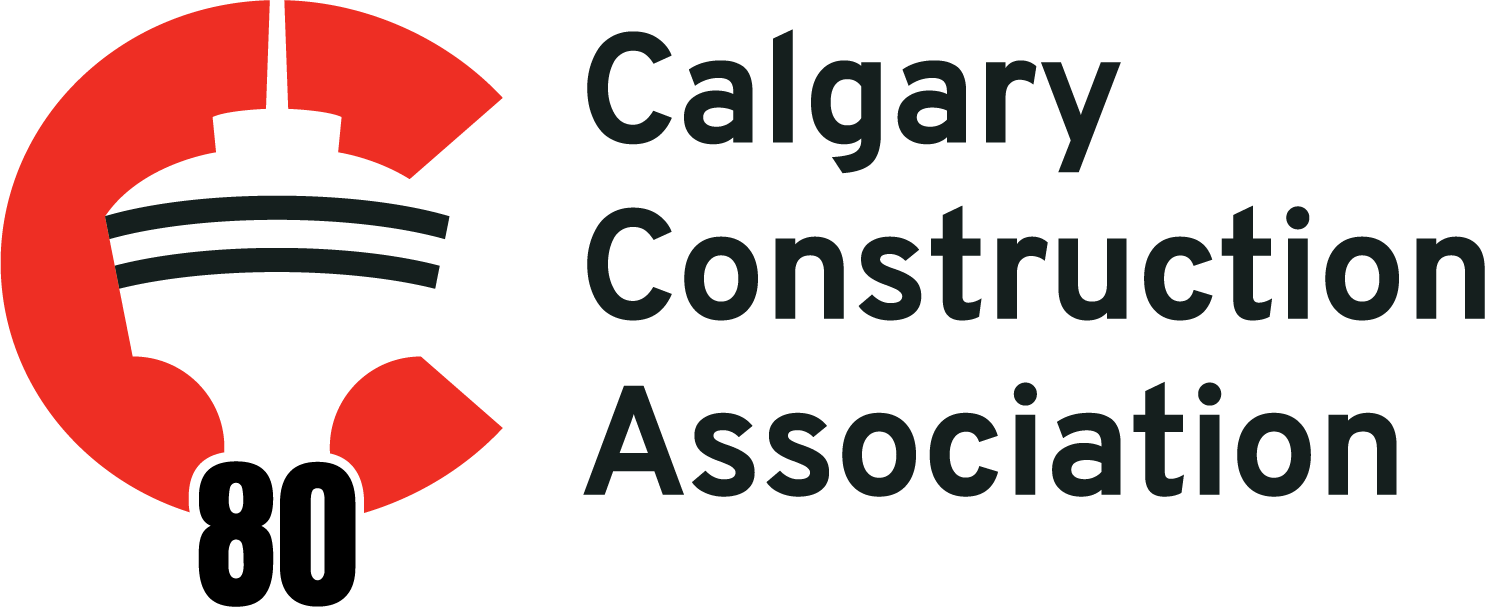Paul McLauchlin is tired of MLAs knocking on his door before provincial elections, asking him if there are any local construction projects he’d like to announce.
“It’s not that simple,” said McLauchlin, president of the Rural Municipalities Association and reeve of Ponoka County. “Just running around with a big fake cheque out there.”
McLauchlan is optimistic that a bill introduced Monday by the Alberta government will create more accountability and fairness in how provincial infrastructure projects are funded.
He hopes Bill 73, the Infrastructure Accountability Act, will spare municipalities, school boards and universities from the boom-and-bust cycle of governments saving up construction spending announcements for when they want to be re-elected.
Infrastructure Minister Prasad Panda told reporters that a new council of deputy ministers, which will advise on selecting projects for funding, should help depoliticize the decisions.
The proposed approach isn’t new. The United Conservative Party government has been using it since taking office in 2019.
Any major project to construct, expand, renovate or replace a hospital, school, bridge, dam, provincial museum or another government asset will be judged against six criteria:
- Addresses health, safety or compliance needs
- Aligns with government priorities and strategies
- Fosters economic activity and creates jobs
- Improves program delivery and services
- Considers the lifecycle of the project and whether it will generate a return on investment
- Enhances the resiliency of communities
Projects don’t have to meet all six criteria, and won’t be scored or ranked, internally or publicly. Nor will there be a list of projects that should be funded.
If passed, the bill would take what Alberta has been doing informally and enshrine it into law.
Law would require 20-year infrastructure plan
Prior to its election in 2019, the United Conservative Party government campaigned on introducing such an act, saying it would “provide transparency on prioritization criteria, establish predictable funding levels, and ensure adequate maintenance of existing assets.”
The bill as proposed does not commit the government to provide specific funding amounts for building projects.
Panda said that’s because the future is too unpredictable and governments want the flexibility to respond to unanticipated events, such as the COVID-19 pandemic.
The legislation would also commit the province to create a 20-year strategic plan to guide its building decisions for decades to come. That plan would have to be updated every four years.
That plan will also avoid listing specific projects but will look at local and global trends to guide decisions, such as where to build more schools or seniors’ housing.
Any projects led by municipal governments would be excluded from the requirements.

McLauchlin said the government should have a public reporting system to show the rationale behind its decisions.
Timing of when projects can receive funding and proceed is particularly important in rural Alberta, he said.
He hopes the 20-year capital plan will give municipalities more certainty and predictability.
The Opposition NDP said in a news release the bill comes too late to protect Albertans from poor spending choices. In the statement, infrastructure critic Thomas Dang pointed to the government’s $1.3-billion loss investing in the now-cancelled Keystone XL pipeline.
The Opposition said a new $37-million maternity and health centre for the northwestern Alberta hamlet of La Crete, announced by the government in August, wasn’t on Alberta Health Services’ list of top priorities.





